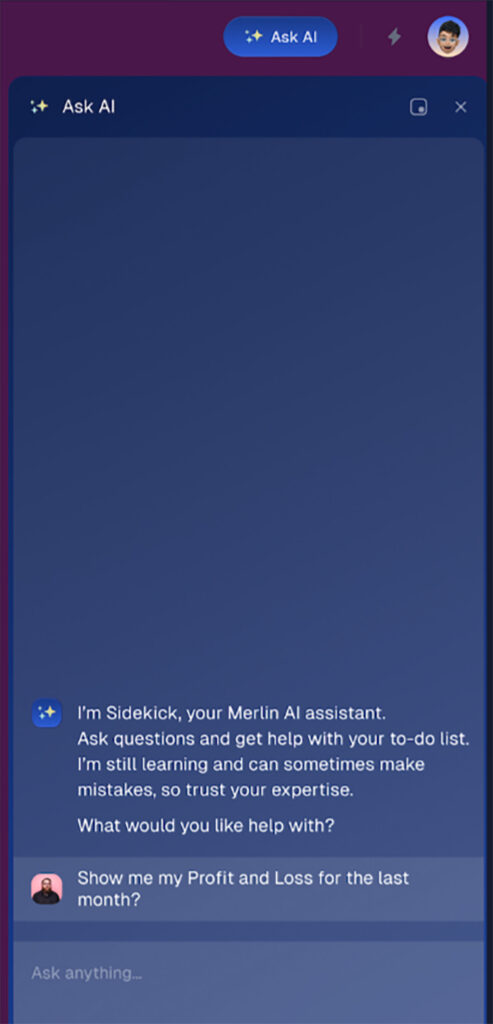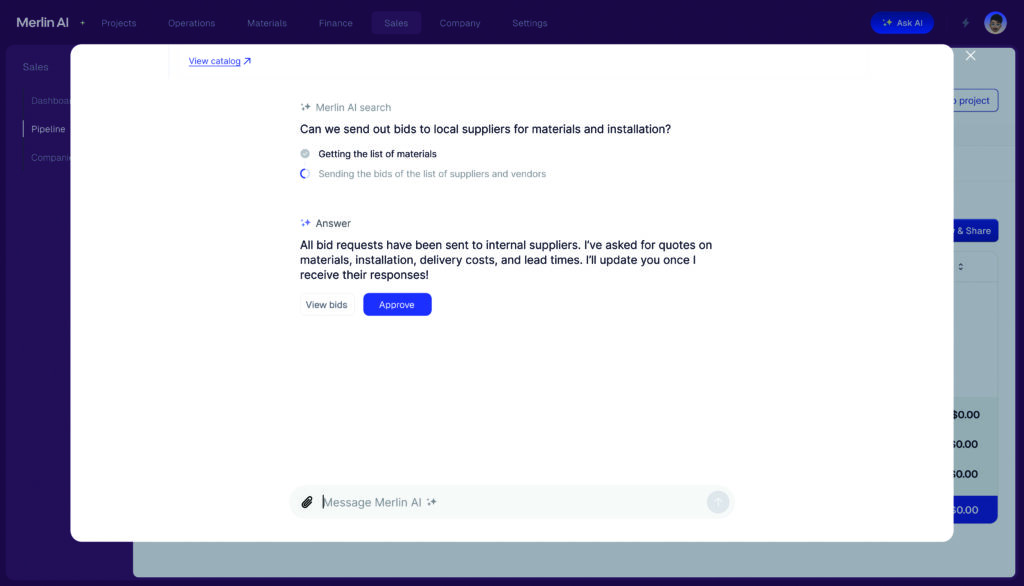Offsite builders and factories need both.
In the world of Artificial Intelligence (AI), there are AI Bots and AI Agents. They are very different and have different uses. Bots are dumb. Agents are smart. Bots generally respond with specific answers, such as the familiar chatbot. Agents can handle ambiguous tasks and make decisions, like: “if this, then that.” There are also other differences.
Neither technology is “best” because each serves a different purpose. However, builders selling to consumers can and should use both extensively. Bots can be used externally with customers, and agents internally within construction-related software programs (Procore, Autodesk BIM 360, and Fishbowl, for example). Factories selling to builders will focus more on agents than on bots.
In offsite construction circles, I sometimes hear the terms AI Bot and AI Agent used interchangeably. They shouldn’t be. These terms refer to different levels of automation and decision-making capabilities. They both have their place, but the use cases are different.

AI Bots
AI Bots are rule-based or task-specific systems designed to handle repetitive jobs like order processing or answering customer inquiries. Think of those chatbots that we are all frustrated with because they can only give canned responses and do not have decision-making ability.
A bot can do: “If this, then that.” A bot cannot do: “If this, then that, but in other circumstances, something else.” The fact that they don’t think, reason or calculate, means that responses cannot vary. They follow predefined workflows and respond to inputs in a structured way. Examples include:
1. A chatbot that answers builders’ questions about insulation specifications.
2. A scheduling bot that automates order tracking for prefabricated wall panels.
3. A simple recommendation system that suggests materials based on project requirements. E.g. “If you have double sinks, the counter must be at least x inches long, etc.”
These bots rely on predefined logic and data and do not adapt dynamically to new situations. A bot cannot determine on its own which insulation you need for Nevada, New York or North Dakota.

AI Agents
An AI Agent, however, is more autonomous and adaptive than a bot. It typically uses machine learning, reinforcement learning, or advanced reasoning to make real-time decisions. AI Agents can analyze data, predict outcomes and optimize workflows without needing predefined responses. Examples include:
1. A generative AI Agent that designs modular building layouts based on space efficiency and insulation needs.
2. An autonomous procurement agent that adjusts supply chain decisions based on real-time cost fluctuations and/or inventory needs based on predictive analytics. For example, if the agent knows your production will be 50 units in the next six months, and each unit needs one SIPs unit, and that you have 38 units on hand, it can act (take action autonomously) and order more SIPs units. Or if you already have 87 units in stock, it can decide you do not need to order more at this time.
3. A robotic AI Agent that controls automation in a prefabrication facility, optimizing material use and assembly sequences.
AI Agents are not just communication tools. They act as assistants in that they do things such as optimizing production schedules, creating estimates, sending purchase orders, improving supply chain logistics, and assisting in design automation — making the operations and processes faster, more cost-effective, less wasteful and more accurate than traditional manual methods.
For both builders and factories, AI Agents mostly come already included in other software programs.
A Place for Both
Whether you sell to builders or consumers, you will want Bots and Agents, because they each have their uses.

For modular and manufactured factories, or any company selling to builders, the volume of inquiries compared to a production builder is minimal, so bots are not widely deployed. But for modular builders or any company selling to consumers, the volume of inquiries is much greater so bots will play a bigger role.
No matter what kind of company you are, or who your target customer is, communication between the company and the customer needs to to be effective and streamlined, as this impacts sales and ultimately profit. AI, in all its forms, is playing a greater role in that communication.
Erik Cofield, VP of Strategy at MerlinAI, has 30 years of experience helping companies in residential construction. A member of NAHB, he specializes in AI, Sales and Marketing Strategy, Business Management, and leveraging technology in the sales process. Erik has provided consulting services to builders, developers, remodelers, and construction companies of all sizes and types. He can be reached at [email protected].







